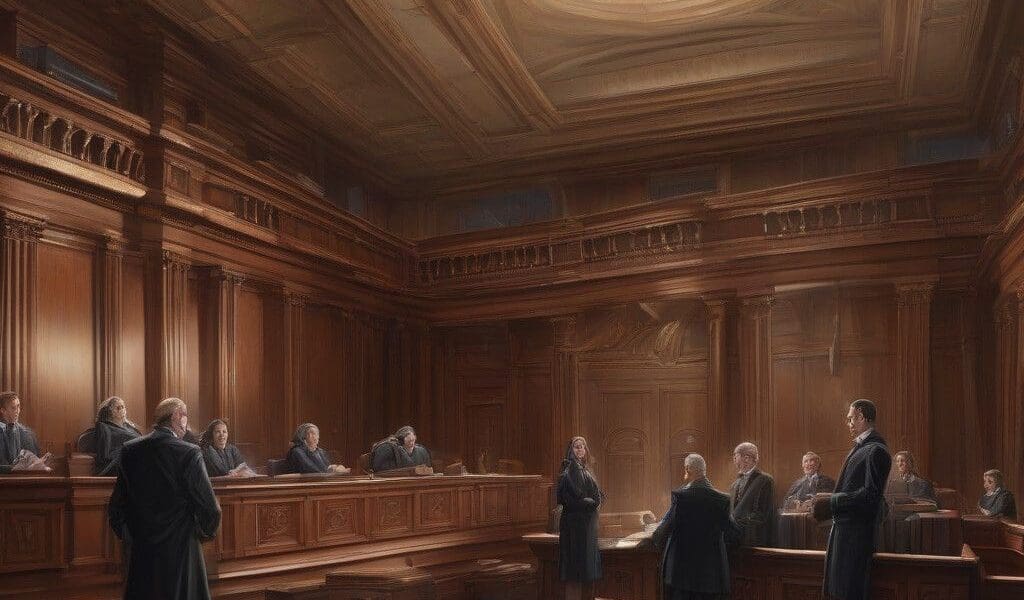HP Pursues Billions in Damages Against Mike Lynch’s Estate
Hewlett Packard (HP) is intensifying its legal efforts to recover billions in damages from the estate of the late Mike Lynch, a British billionaire and co-founder of Autonomy Corporation. This case, rooted in HP’s controversial acquisition of Autonomy for $11.1 billion in 2011, has garnered significant attention due to allegations of fraud that emerged following the deal.
In simple terms, HP accuses Lynch of artificially inflating Autonomy’s financial performance and value during the acquisition process, a claim he has consistently denied. The lawsuit targets not just Lynch’s estate but also Sushovan Hussain, the former chief financial officer of Autonomy. The legal saga took another turn when Lynch tragically passed away in August 2023 under suspicious circumstances during a sailing trip off Sicily. Despite his death, HP remains resolute in its pursuit of justice and compensation.
HP’s claim, which could amount to as much as $4 billion, was bolstered by a previous ruling in 2022 from a UK High Court, which found Lynch liable in a civil case related to the financial turmoil following the acquisition. Although the judge decided that HP’s initial demand of $5 billion was excessive, the ruling established a foundation for further claims against Lynch’s estate.
To understand the implications of this case, it’s essential to recognize the broader context of corporate fraud and legal battles in the tech industry. The Autonomy deal is often cited as one of the most significant corporate fraud scandals in the UK, leading to deeper scrutiny of tech acquisitions and the obligations of executives during such transactions.
The ongoing legal battle is not just about financial restitution but also about HP’s reputation and accountability in the tech sector. The company’s commitment to pursuing the lawsuit, even after Lynch’s death, reflects its determination to establish that it was misled during one of the largest high-tech acquisitions in history. This determination raises questions about the responsibilities of corporate leaders and the potential repercussions they face when allegations of misconduct arise.
For the family of Mike Lynch, who has not publicly commented on HP’s latest legal actions, the situation is undoubtedly complex. The pressure from HP, coupled with the high-profile nature of the case, places a significant burden on Lynch’s estate and may impact its financial legacy.
HP’s persistent pursuit of damages underscores the critical nature of transparency in business dealings, especially in high-value transactions. The case serves as a cautionary tale for other corporations and their leaders about the potential fallout from fraud allegations. As market dynamics continue to evolve, organizations must maintain rigorous checks and balances to avoid similar pitfalls.
As the legal battle unfolds, it remains to be seen how HP will navigate the intricacies of litigating against an estate. In previous cases involving deceased individuals, claims can become tangled in probate proceedings, complicating the legal process. Nonetheless, HP’s commitment to seeing the case through to its conclusion sends a clear message: the tech giant is prepared to unearth the truth behind the controversial Autonomy deal.
In conclusion, the case against Mike Lynch’s estate exemplifies the complexities of corporate governance and accountability in today’s digital economy. Companies must not only focus on growth and innovation but also on ethical conduct and transparency. The outcome of this lawsuit may have lasting implications, shaping the standards for corporate behavior and the expectations placed on executives moving forward.








